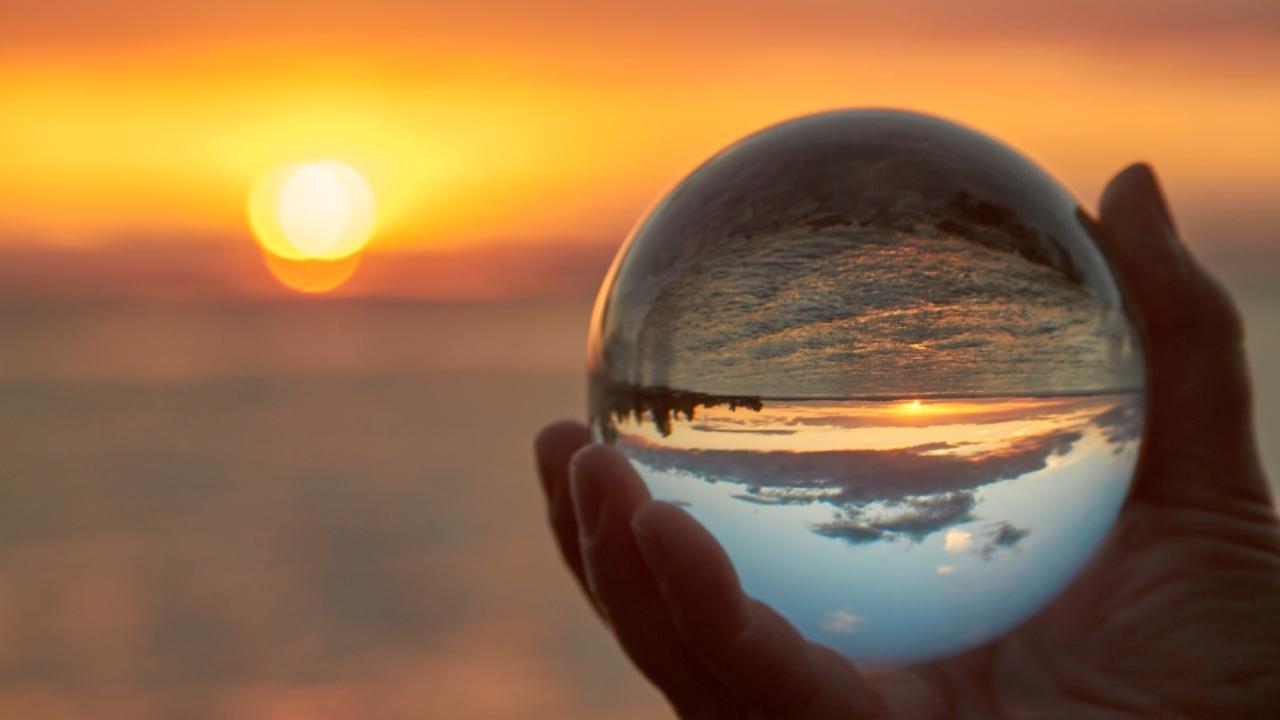The number of productivity tools we have seen introduced in the last fifteen or 20 years is staggering. Things like email, instant messaging, online calendars, smartphones, scheduling software, and so on, all hold the promise of helping improve the way we manage our time. However, at the same time, we see professionals in all industries who are busier than ever and overcome with stress and the burden of too much to do and not enough time. The tools don’t seem to be working. Rather than helping us manage our time, as intended, it seems they have made it easier for us to become overwhelmed by the constant onslaught of information and requests for more time. The real problem isn’t the tools: It’s the behaviors we have adapted based on the misconception that these tools will somehow allow us to process more or manage more things simultaneously.












